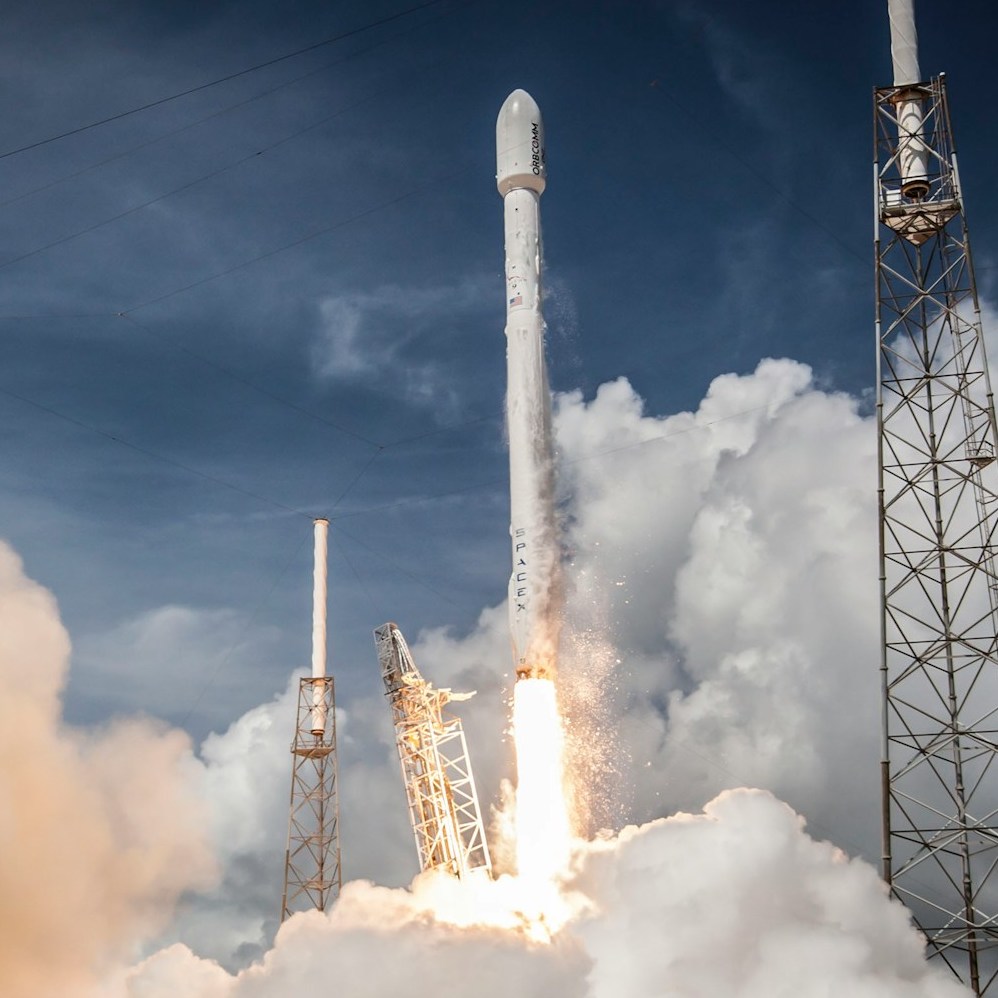Published:
Last Wednesday, Chinese startup company Deep Blue Aerospace announced their plans to offer space tourism flights by 2027. The company is selling the first two suborbital tickets, which cost 1.5 million yuan or 211,000 USD, in a live streaming event featuring chairman Huo Liang today, Oct. 24.
The experience will see passengers being taken on a suborbital flight— the rocket will reach outer space but not enter orbit. A single-stage, reusable rocket and crew spacecraft will fly to an altitude of 100-150 km, providing a microgravity experience of up to 5 minutes and remaining in space for 12 minutes. Customers must also pay a 50,000 yuan deposit to secure tickets.
This marks a significant development in not only China’s technological advancement, but also the future of space tourism overall. China made 26 commercial launches in 2023, including LandSpace's Zhuque-2 rocket, the world's first methane-fueled rocket. Deep Blue Aerospace, specifically, specializes in reusable rockets, a key technology in making space travel more cost effective.
The company’s entry into space tourism creates a valuable stepping stone for vaulting the Chinese private sector into the astronomical spotlight. Other Chinese companies have announced plans to enter the space tourism sector. In May, state-backed startup CAS Space announced that it would begin space tourism flights by 2028. As such, Deep Blue presents competition for United States companies like SpaceX and Blue Origin, which have already sent private passengers into space.
With the global space tourism market valued at 888.3 million and projected to grow 44.8% by 2030, Deep Blue’s announcement also signals broader shifts in international business and tourism. The rise of space tourism will require substantial investments in infrastructure, including spaceports and high-tech manufacturing. While China, the U.S., and Russia are poised to benefit from these developments, other nations are also looking to enter the fray; the United Arab Emirates, for example, has made significant investments in space exploration and is looking to launch commercial flights in 2025.
The economic implications of space tourism extend beyond just the aerospace sector. New opportunities could emerge in hospitality, transportation, and even luxury travel, as companies explore offering lengthier space travel experiences. According to World Economic Forum executive Sebastian Buckup, space technologies are delivering greater value to more diverse sets of stakeholders than ever. “As costs reduce and accessibility rises, these technologies could reshape whole industries, and have as much impact on business and society as smartphones or cloud computing,” Buckup said. While current ticket prices remain high, ranging from $250,000 to millions of dollars, technological advances and competition may eventually drive costs down, making space tourism more accessible to a broader audience.
However, the rapid expansion of space tourism also poses regulatory, health, and environmental risks. While the environmental impact of rocket launches in general is difficult to estimate, rockets with direct carbon dioxide emissions— such a SpaceX’s Falcon 9—, emit approximately 200-400 tons of carbon dioxide per launch; this is comparable to a commercial flight from New York to London. Experts also worry about the effects of rocket launches on the ozone layer, as every launch creates a small, short-lived puncture. Passenger safety is another point of concern. Space travel presents a number of health risks even in the short term, including exposure to radiation, bone and muscle density loss in microgravity, and psychological stress, among others. The Liability Convention of UNOOSA, a binding United Nations agreement that regulates space launches, has little guidelines for harm done to potential passengers of the launch vehicles. In fact, the US Federal Aviation Administration explicitly warns that they have not certified any launch and reentry vehicle for carrying people except for SpaceX’s Dragon 2 capsule.
Despite these risks, many countries are upping their involvement in the space travel industry and the global space race is entering a new phase—one that will shape the future of travel, innovation, and international business.
File under






